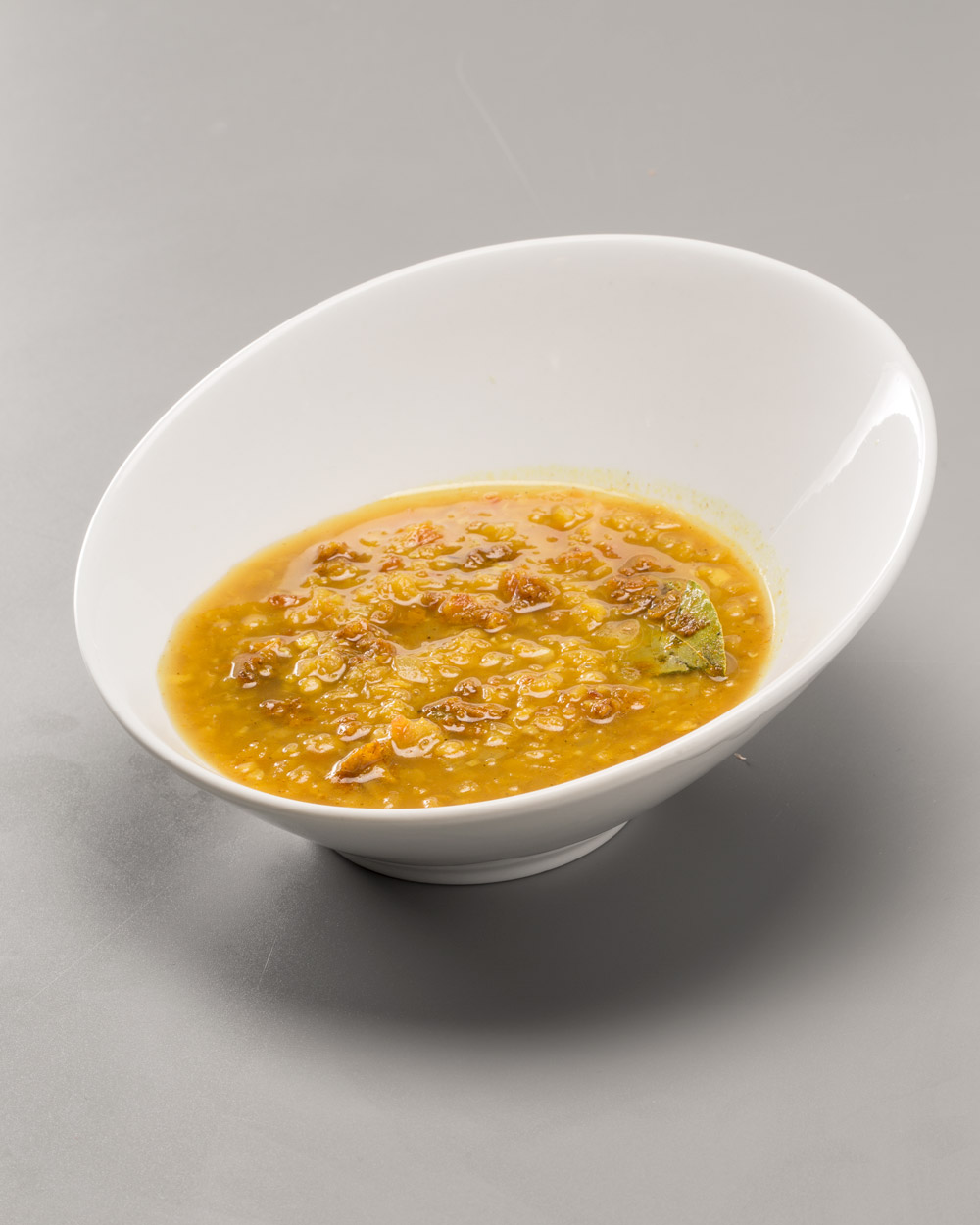Constipation is a common symptom during cancer treatment. It is characterised by infrequent bowel movements (less than three times per week) or difficulty in passing stools, manifesting itself over several weeks or longer.
The most common causes of constipation are changes in diet, such as decreased intake of fluids and/or fibre-rich foods, decreased or lack of physical exercise, and the administration of certain treatment-specific drugs. All of these can reduce bowel movements, causing the stool not to absorb water and to become dry and hard. Bowel movements will become more difficult and can often be accompanied by pain and discomfort.
WHAT DO WE RECOMMEND?
- Drink about two litres throughout the day and between meals.
- Drink mainly water-based liquids, but you can also combine herbal teas, vegetable broths, natural fruit, and vegetable juices with their pulp (plum, orange, pineapple, tomato…).
- Avoid black tea or other astringent teas, rice, or carrot drinks.
If there is no nausea, add a tablespoon of virgin olive oil to a glass of lukewarm water, followed by a piece of fruit, such as a kiwi or an orange.
It is advisable to sit on the toilet every day, if possible, at the same time, even if you do not have a bowel movement at first.
- Increase consumption of fresh fruit and vegetables (preferably raw), pulses, whole grains and cereals, mushrooms, and nuts. If you prepare soups, purées, juices, or smoothies, do not strain the preparations to not eliminate fibre.
- Increase food preparations with vegetables, whole grains and pulses, dried fruit or nuts: lentil salad with onion, tomato and corn, sautéed peas with onion and mushrooms, spinach with sultanas and pine nuts, omelettes and scrambled eggs (spinach, aubergine, beans, mushrooms, garlic, artichokes, etc.).
| Foods to snack on |
|
Such as quince, banana, white rice, toasted bread, baked apple, or compote.
Except for cases where treatment has been accompanied by weight gain.
Walk every day for at least 20 to 30 minutes. If this is not possible, mobilise the gut by doing small clockwise rotating massages on the abdomen.


